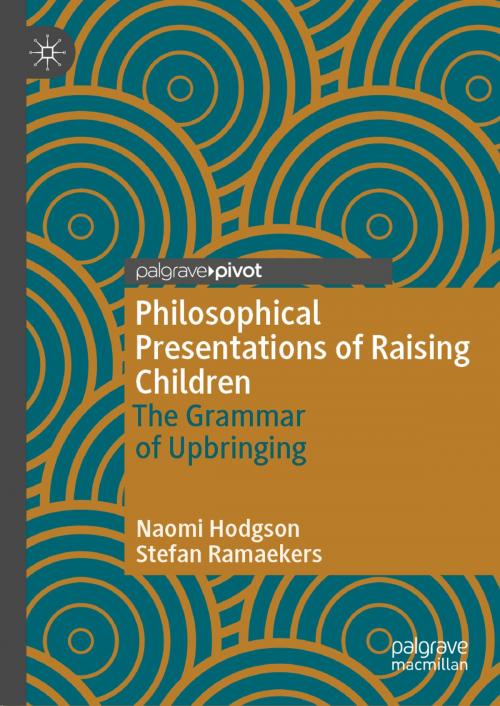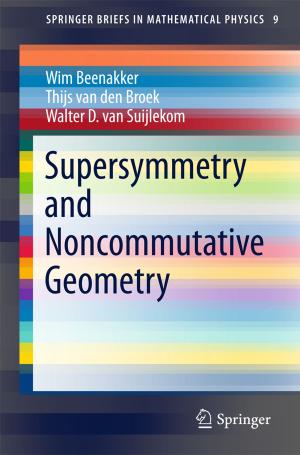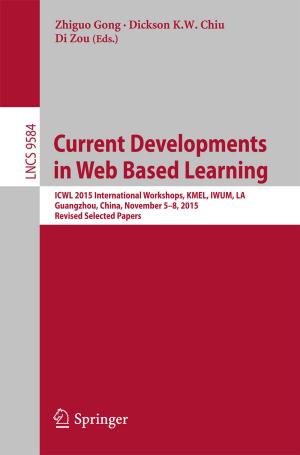Philosophical Presentations of Raising Children
The Grammar of Upbringing
Nonfiction, Reference & Language, Education & Teaching, Educational Theory, Philosophy & Social Aspects, Entertainment, Performing Arts, Social & Cultural Studies, Social Science| Author: | Naomi Hodgson, Stefan Ramaekers | ISBN: | 9783030125400 |
| Publisher: | Springer International Publishing | Publication: | March 9, 2019 |
| Imprint: | Palgrave Macmillan | Language: | English |
| Author: | Naomi Hodgson, Stefan Ramaekers |
| ISBN: | 9783030125400 |
| Publisher: | Springer International Publishing |
| Publication: | March 9, 2019 |
| Imprint: | Palgrave Macmillan |
| Language: | English |
This book uses contemporary film to articulate a philosophical account of raising children. It forms part of a revaluation of the parent as a pedagogical figure, which stands in contrast to the instrumental accounts dominant in contemporary ‘parenting’ culture. Hodgson and Ramaekers use film in order to offer an affirmative account of the experience of raising children, as a presentation of those inevitable aspects and experiences that upbringing is: the initiation into language and the world; the representative nature of the parent; and the maintaining of mundane practices that constitute our shared culture and community. The films which are discussed are taken as grammatical investigations and enable the authors to develop an account of the use of film in education and as educational philosophy, and to respond to each film’s invitation to articulate the existential dimensions of raising children.
Philosophical Presentations of Raising Children will be of interest to students and scholars across a range of disciplines, including education, sociology, philosophy, critical parenting studies and film studies.
This book uses contemporary film to articulate a philosophical account of raising children. It forms part of a revaluation of the parent as a pedagogical figure, which stands in contrast to the instrumental accounts dominant in contemporary ‘parenting’ culture. Hodgson and Ramaekers use film in order to offer an affirmative account of the experience of raising children, as a presentation of those inevitable aspects and experiences that upbringing is: the initiation into language and the world; the representative nature of the parent; and the maintaining of mundane practices that constitute our shared culture and community. The films which are discussed are taken as grammatical investigations and enable the authors to develop an account of the use of film in education and as educational philosophy, and to respond to each film’s invitation to articulate the existential dimensions of raising children.
Philosophical Presentations of Raising Children will be of interest to students and scholars across a range of disciplines, including education, sociology, philosophy, critical parenting studies and film studies.















